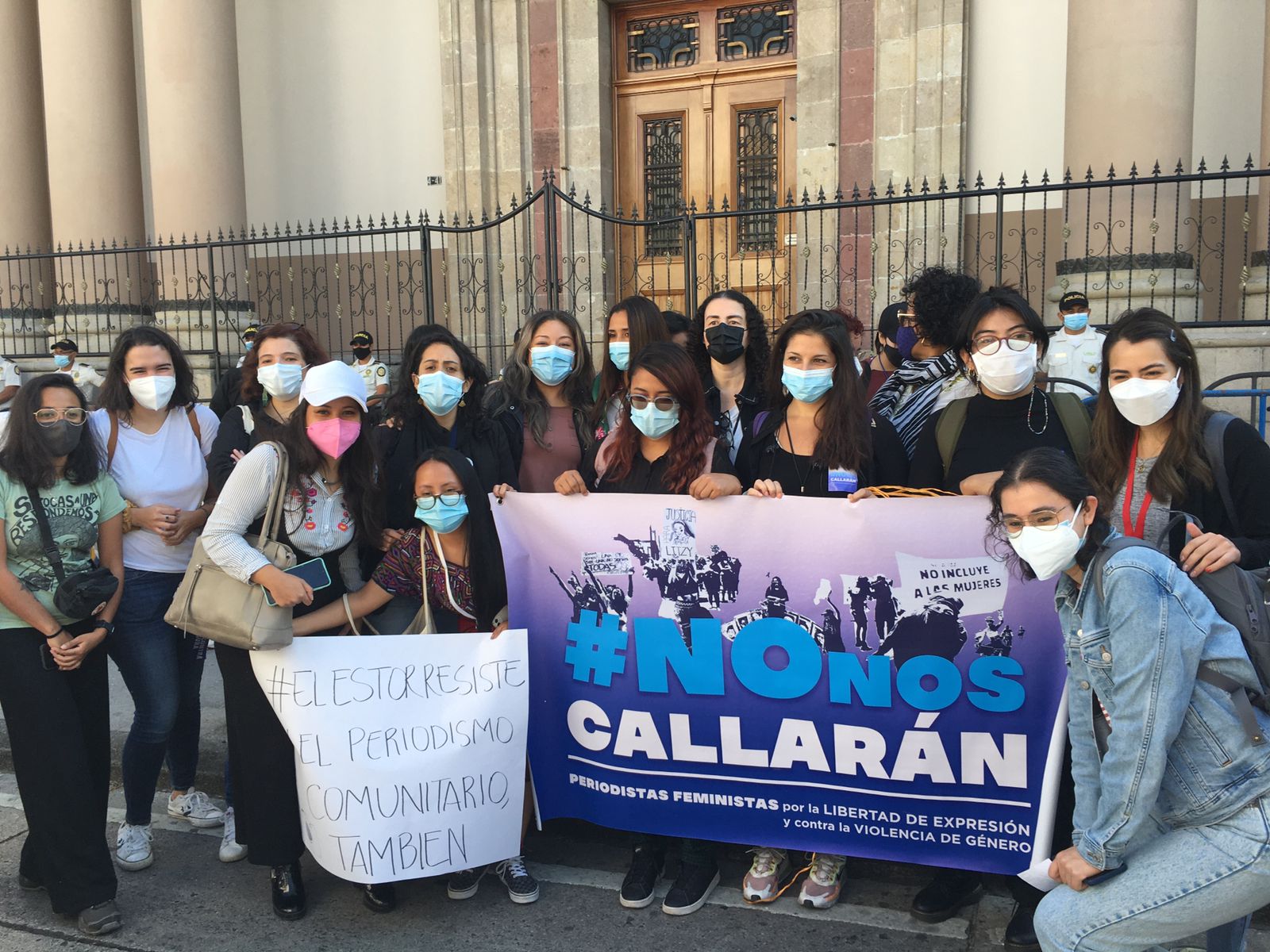
Given the recent increase in attacks and harassment of journalists in the Central American country, Prensa Contra la Censura intends to raise awareness among Guatemalans as to the importance of defending independent journalism.
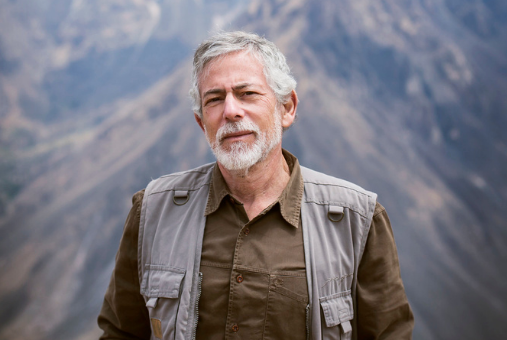
A Peruvian court has sentenced Alberto Fujimori's former presidential adviser, Vladimiro Montesinos, to 17 years in prison for the abduction of Peruvian journalist Gustavo Gorriti in April 1992. The journalist said that, although he believes the sentence to be fair, it ended up being a very long process.
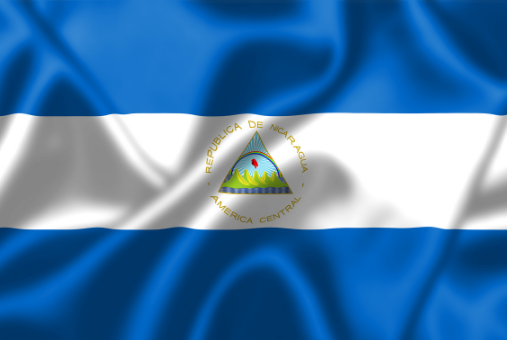
The online news portal Voces en Libertad was created to fight censorship imposed by Nicaraguan President Daniel Ortega. It allows for collaboration among independent news outlets, existing and emerging, so they can continue informing and telling Nicaragua’s stories.
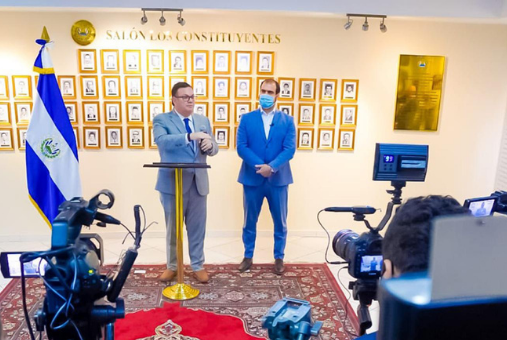
The Salvadoran Legislative Assembly is expected to approve the Foreign Agents Law that would impose a 40 percent tax on all financial transactions of the country’s social and journalistic organizations, mostly critical and independent, which receive funds from abroad.
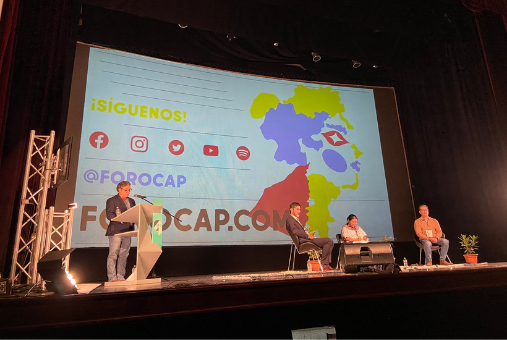
“I would like to see this forum as an opportunity to reflect on our situation, to start a conversation that leads us to face together, better organized and accompanied, the wave of orchestrated attacks on Central American journalism from each of our governments. Together, organized, we will better resist” said Carlos Dada at the Central American Journalism Forum.
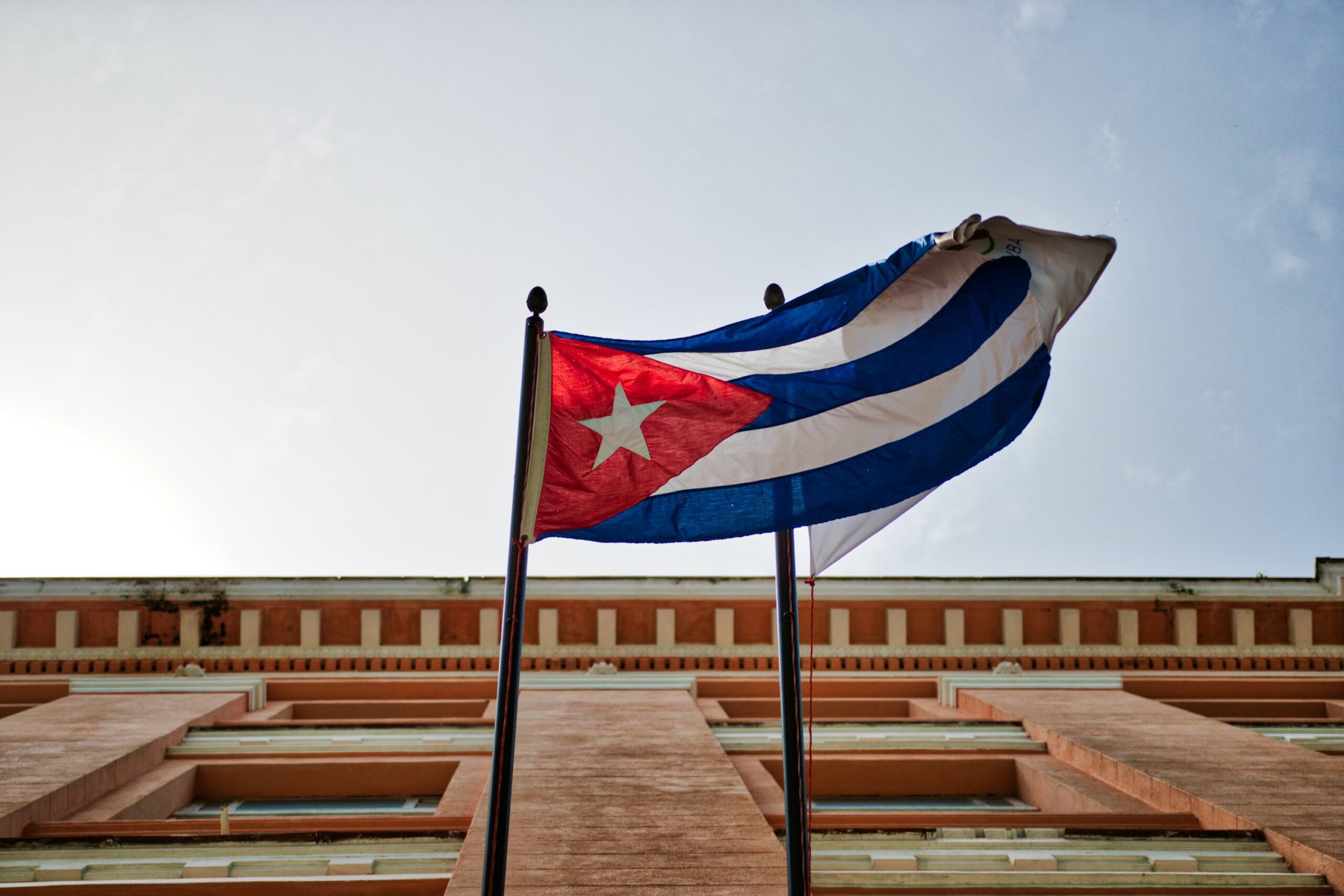
Members of the press have faced extrajudicial house arrests, summons with authorities, suspension of services, withdrawal of accreditations and the presence of security agents near their homes since days before the 15-N protests.
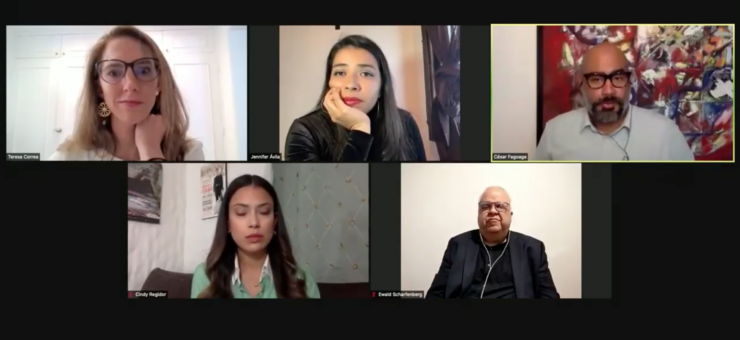
Journalists from Honduras, El Salvador, Nicaragua, and Venezuela spoke in a panel during the webinar “Journalism in Times of Polarization and Disinformation in Latin America.” The panel explored press freedom in countries faced with increasingly authoritarian governments and how they’ve been able to continue doing journalism.
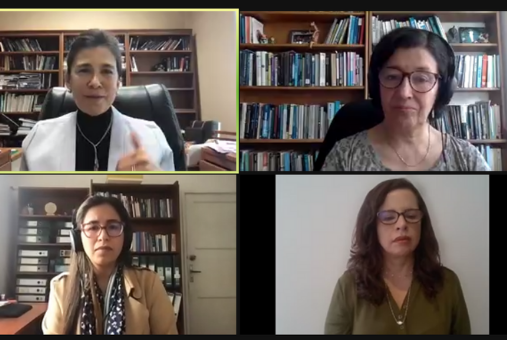
Journalists who become targets in polarized societies must support each other, persevere in doing investigative journalism, and always check the information in their stories, concluded participants in the panel “Polarization: Challenges for Journalists who Become Targets in Polarized Societies,” which was part of the event “Journalism in Times of Polarization and Disinformation in Latin America.”
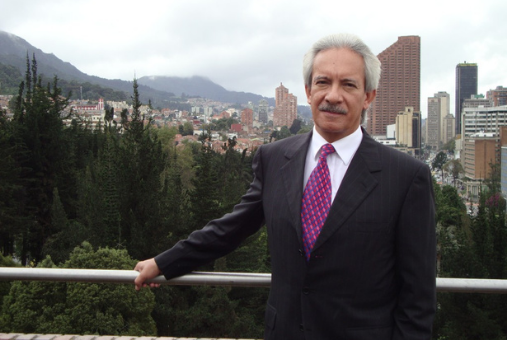
Guatemalan journalist José Rubén Zamora, director and founder of elPeriódico, publicly denounced what he said are actions of judicial harassment by the government against him and his media outlet due to their critical editorial line.
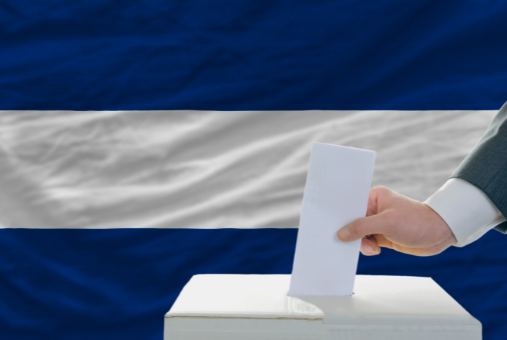
In the year leading up to Nicaragua’s presidential election on Nov. 7, President Daniel Ortega implemented increasingly strict limitations on press freedom— a move critics say is part of a years-long campaign to silence Ortega’s political opposition.